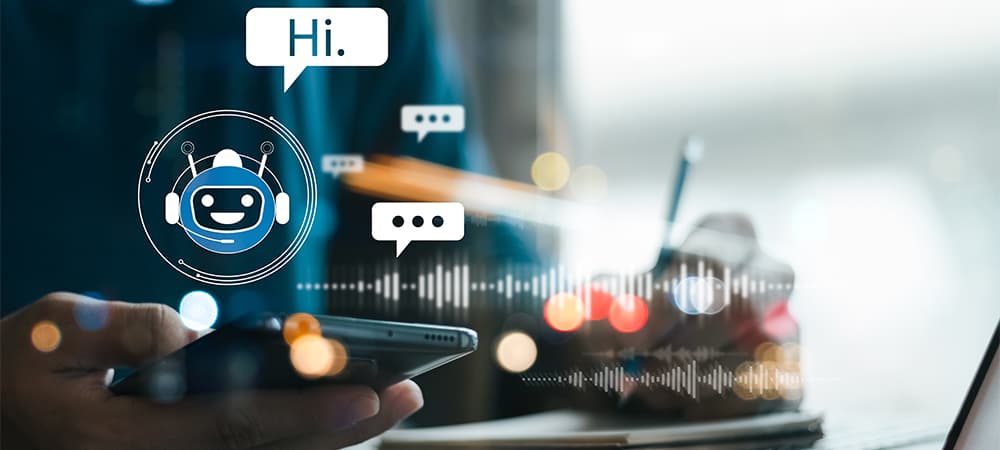Artificial Intelligence (AI) is no longer a futuristic concept—it’s here, embedded in the devices we use daily. From voice-activated smart speakers to AI-driven customer service chatbots, technology is making our lives more efficient and connected. But the real game-changer? AI-powered personal assistants. These intelligent systems are evolving beyond simple task management, becoming indispensable companions in our homes, workplaces, and even our pockets.
From Basic Commands to Smart Companions
Just a few years ago, digital assistants like Apple’s Siri, Amazon’s Alexa, and Google Assistant were primarily used for basic commands—playing music, setting reminders, or checking the weather. Today, they’re far more advanced. Thanks to machine learning and natural language processing, AI assistants can now:
- Understand Context: They remember previous interactions and can hold more natural, flowing conversations.
- Automate Tasks: They can schedule meetings, order groceries, and even manage smart home devices without manual input.
- Offer Personalized Advice: From recommending movies based on viewing habits to suggesting fitness routines tailored to your health data, AI assistants are becoming truly “personal.”

AI in the Workplace: The Productivity Revolution
AI-powered assistants are not just for personal use—they’re transforming the way we work. Businesses are integrating AI tools to handle everything from email sorting to project management. Virtual assistants like Microsoft’s Copilot and OpenAI’s ChatGPT for business can summarize lengthy reports, draft responses, and even assist in creative brainstorming.
For entrepreneurs and professionals, AI is proving to be a time-saving asset. Imagine a workday where:
- Your AI assistant schedules all your meetings, prioritizing the most urgent ones.
- It drafts emails based on previous conversations and writing style.
- It tracks deadlines and alerts you about upcoming tasks before they become stressful.
Efficiency is the name of the game, and AI is making it happen.

The Privacy Dilemma: How Much Should AI Know?
With great convenience comes great concern. AI-powered personal assistants collect vast amounts of data to function effectively, raising questions about privacy and security. Companies are working to address these concerns by offering:
- End-to-End Encryption: Ensuring private conversations stay private.
- User Control Over Data: Allowing users to decide what information AI assistants can access.
- Transparency Reports: Showing users how their data is stored and used.
While AI assistants make life easier, users must stay informed about how their data is handled and take proactive steps to protect their privacy.
What’s Next? The Future of AI Assistants
The AI revolution is just getting started. The next generation of personal assistants will likely feature:
- Emotion Recognition: AI that can detect your mood and adjust its responses accordingly.
- Real-Time Translation: Instant translation in conversations, breaking down language barriers.
- Enhanced Human-Like Interaction: AI voices that sound more natural and can engage in deep discussions.
With these advancements, AI-powered assistants will soon become even more integral to our daily lives, helping us work smarter, live healthier, and stay more connected than ever before.
What do you think? Are AI assistants improving your life, or do you still have reservations? Let us know in the comments below!
